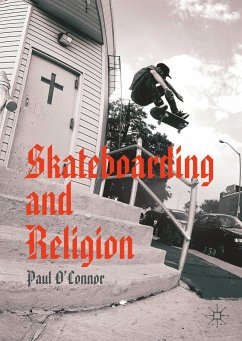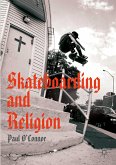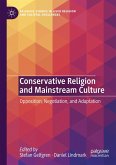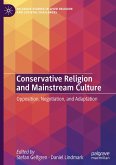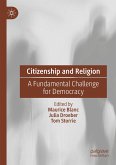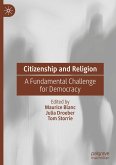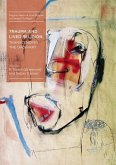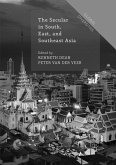This book explores the ways in which religion is observed, performed, and organised in skateboard culture.
Drawing on scholarship from the sociology of religion and the cultural politics of lifestyle sports, this work combines ethnographic research with media analysis to argue that the rituals of skateboarding provide participants with a rich cultural canvas for emotional and spiritual engagement. Paul O'Connor contends that religious identification in skateboarding is set to increase as participants pursue ways to both control and engage meaningfully with an activity that has become an increasingly mainstream and institutionalised sport. Religion is explored through the themes of myth, celebrity, iconography, pilgrimage, evangelism, cults, and self-help.
Drawing on scholarship from the sociology of religion and the cultural politics of lifestyle sports, this work combines ethnographic research with media analysis to argue that the rituals of skateboarding provide participants with a rich cultural canvas for emotional and spiritual engagement. Paul O'Connor contends that religious identification in skateboarding is set to increase as participants pursue ways to both control and engage meaningfully with an activity that has become an increasingly mainstream and institutionalised sport. Religion is explored through the themes of myth, celebrity, iconography, pilgrimage, evangelism, cults, and self-help.
"Skateboarding and Religion has much to offer those who are interested in reading more serious work about skateboarding and action sports. The book will also interest researchers studying contemporary religion and spirituality, particularly those with an interest in religion's relationship with popular culture and sport." (Daniel O'Neill, Leisure Studies, February 21, 2020)

